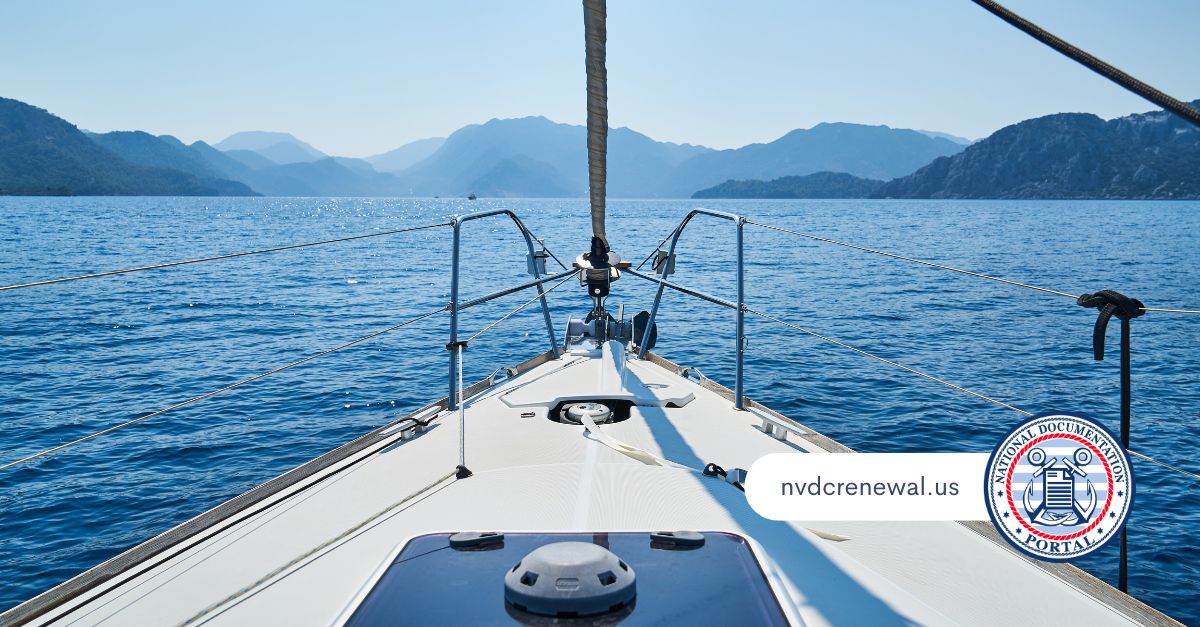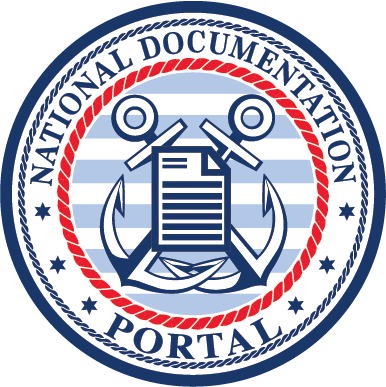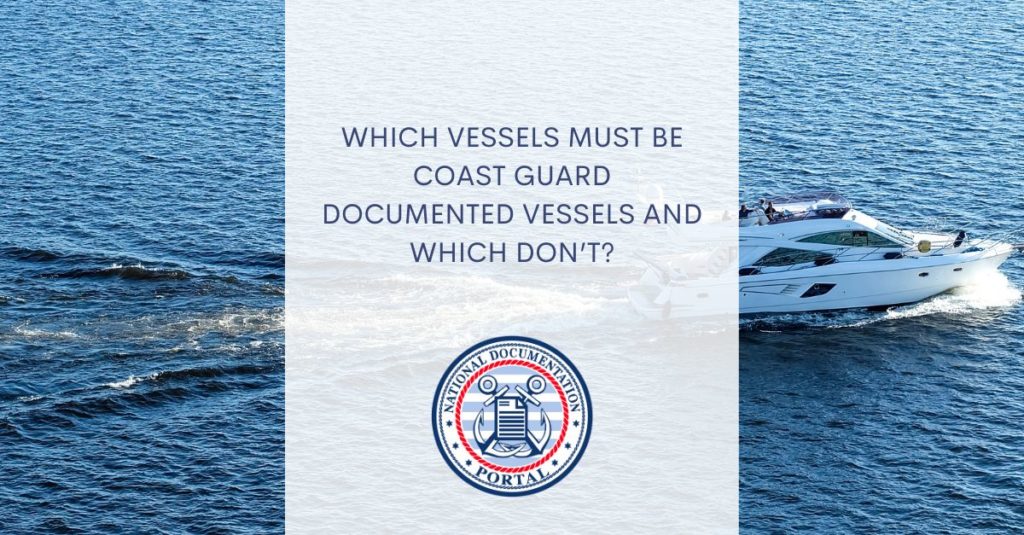Are you wondering whether or not obtaining documentation is right for your vessel? Do you know exactly which vessels have to be documented and which could be documented, should the owner so choose?” Those are some of the questions that we designed our portal to be able to answer. Yes, we wanted to be able to offer forms, but we also wanted our portal to serve as a resource of information as well. We’ve helped the owners of Coast Guard documented vessels (as well as undocumented vessels) to make the right decision.
In the world of maritime bureaucracy, not every boat sails the same waters when it comes to documentation. While our site strives to streamline the process for those in need of vessel documentation, it’s crucial to recognize that not every vessel is required to be documented. However, vessel owners may choose to do so because it’s best for how they plan to use the vessel.
Basics of Vessel Documentation Eligibility
First and foremost, vessels that can be documented must meet a specific criterion: they should measure at least five net tons. Now, before you start worrying about scales and weights, it’s essential to grasp that “net tonnage” delves into the volume of the boat rather than its sheer weight.
For those lacking a net tonnage scale at their docks, a handy rule of thumb: if your vessel extends beyond 25 feet in length, chances are it comfortably exceeds the five-ton net tonnage requirement.
However, the tale of documentation isn’t merely about measurements and tonnage. Citizenship plays a pivotal role in this bureaucratic narrative. To qualify for vessel documentation, a vessel must be exclusively owned by a US citizen. There are exceptions, though, particularly for vessels responding to oil spills, and so forth. Yet, for the average seafarer navigating the seas in their private vessel, US citizenship is the key to unlocking the gates of documentation.
In summary: if your vessel measures five net tons and is wholly owned by an American citizen, you can document it.
Which Vessels Have to Be Documented.
Certain vessels find themselves shackled by the obligation to obtain documentation for lawful operations in the United States. If your vessel meets the standards in the last section and engages in fishing activities or coastwise trade within US waters or the Exclusive Economic Zone, documentation is required. This is a fundamental aspect of maritime law – a stern directive with no room for “ifs,” “ands,” or “buts.”
In this context, “coastwise” means, essentially, “transporting people and or goods.”
Who May Choose to Document Their Vessel That Doesn’t Have To
For those whose vessels fall below the stipulated size and harbor no intentions of engaging in revenue-generating activities, the path to documentation may diverge. It’s a subtle dance between the dimensions of your vessel and your maritime ambitions.
That said, many document their vessels for financing. Indeed, only documented vessels are eligible for a Preferred Ship’s Mortgage. That’s the majority of the vessels who receive the “Recreational” endorsement. When you document your vessel, you choose an endorsement. The other endorsements are, appropriately, “Fishery,” “Coastwise,” and “Registry,” which is for those vessels that engage in international trade.

A Hub for the Owners of Coast Guard Documented Vessels
Always, we emphasize the importance of aligning your vessel with the right category – not every boat needs the same paperwork. If you choose to document your vessel, we can help in a variety of ways.
That said, you don’t need to be the owner of a documented vessel to use our site. Anyone can perform a vessel documentation search through our site, apply for an Abstract of Title, and more. To see how we can help, click here.

